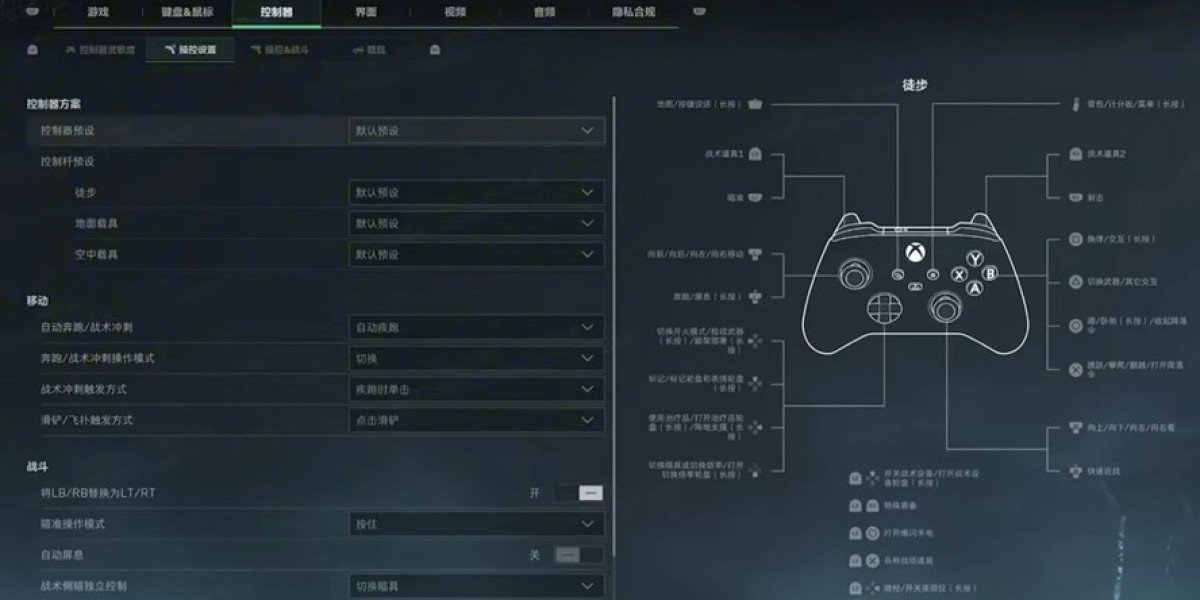In the competitive landscape of the chemical industry, businesses are constantly seeking ways to optimize their operations and enhance product quality. One effective strategy that has gained popularity is outsourcing liquid filling and packaging. This approach not only streamlines production processes but also allows companies to focus on their core competencies. In this complete guide, we will explore the ins and outs of outsourcing liquid filling and packaging for chemical products, including the benefits, considerations, and key factors to keep in mind.
Understanding Liquid Filling and Packaging
Liquid filling and packaging involve the process of transferring liquid products into containers and preparing them for distribution. This process is critical for various chemical products, including solvents, adhesives, coatings, and more. Proper filling and packaging ensure that products remain safe, stable, and compliant with industry regulations.
Outsourcing these contract packaging to a specialized partner, often referred to as a chemical contract manufacturer, can provide numerous advantages, from cost savings to improved efficiency.
Benefits of Outsourcing Liquid Filling and Packaging
1. Cost Efficiency
One of the primary reasons companies choose to outsource liquid filling and packaging is cost efficiency. Setting up in-house filling and packaging operations can require significant investments in equipment, facilities, and labor. By partnering with a contract manufacturer, businesses can avoid these upfront costs and instead pay for services as needed. This flexibility allows companies to allocate resources more effectively and invest in other areas of growth.
2. Access to Expertise
Outsourcing to a specialized contract manufacturer provides access to a wealth of expertise and experience. These manufacturers are well-versed in the intricacies of liquid filling and packaging, ensuring that processes are carried out efficiently and in compliance with industry standards. Their knowledge of best practices can help improve product quality and reduce the risk of errors.
3. Scalability
Outsourcing offers the ability to scale production up or down based on demand. This is particularly beneficial for companies that experience fluctuations in their product requirements. Whether a business needs a small batch for a new product launch or a large volume for a seasonal demand, contract manufacturers can adjust their operations accordingly. This scalability ensures that companies can respond quickly to market changes without the burden of excess inventory or idle production capacity.
4. Quality Control
Quality is paramount in the chemical industry, and chemical companies near me often have stringent quality control measures in place. They adhere to industry standards and regulations, ensuring that the filling and packaging processes meet the required specifications. Many contract manufacturers also implement rigorous testing protocols to verify the quality and consistency of the final product. This commitment to quality helps businesses maintain their reputation and build trust with customers.
5. Compliance with Regulations
The chemical industry is subject to strict regulations regarding packaging and labeling. Outsourcing to a contract manufacturer can help ensure compliance with these regulations. Experienced manufacturers are familiar with the necessary documentation and labeling requirements, reducing the risk of costly compliance issues and potential legal complications.
Key Considerations When Outsourcing
While outsourcing liquid filling and packaging offers numerous benefits, there are several key considerations to keep in mind:
1. Choosing the Right Partner
Selecting the right contract manufacturer is crucial to the success of your outsourcing strategy. Look for a partner with a proven track record in the chemical industry, relevant certifications, and a commitment to quality. Conduct thorough research, request references, and visit their facilities if possible to assess their capabilities.
2. Communication and Collaboration
Effective communication is essential for a successful partnership. Establish clear lines of communication with your contract manufacturer to ensure that expectations are aligned. Regular updates and collaboration can help address any issues that arise during the filling and packaging process.
3. Understanding Costs
While outsourcing can lead to cost savings, it’s important to have a clear understanding of the pricing structure. Discuss all potential costs upfront, including setup fees, per-unit costs, and any additional charges for services such as labeling or testing. This transparency will help you budget effectively and avoid unexpected expenses.
4. Quality Assurance Processes
Inquire about the quality assurance processes implemented by the contract manufacturer. Understand how they monitor and maintain product quality throughout the filling and packaging process. This includes testing protocols, equipment calibration, and adherence to industry standards.
5. Flexibility and Responsiveness
The ability to adapt to changing market demands is crucial. Ensure that your contract manufacturer can accommodate fluctuations in order volume and respond quickly to your needs. A flexible partner can help you navigate the challenges of the chemical market more effectively.
What People Also Ask
What is liquid filling and packaging?
Liquid filling and packaging involve transferring liquid products into containers and preparing them for distribution. This process is essential for various chemical products to ensure safety, stability, and compliance.
Why should I outsource liquid filling and packaging?
Outsourcing can provide cost efficiency, access to expertise, scalability, quality control, and compliance with regulations, allowing you to focus on your core business activities.
How do I choose the right contract manufacturer?
Look for a manufacturer with a proven track record in the chemical industry, relevant certifications, and a commitment to quality. Conduct thorough research and request references.
What are the key factors to consider when outsourcing?
Key factors include choosing the right partner, effective communication, understanding costs, quality assurance processes, and flexibility in responding to market demands.
How can I ensure compliance with regulations when outsourcing?
Partner with a contract manufacturer experienced in the chemical industry who understands the necessary documentation and labeling requirements to ensure compliance.
Conclusion
Outsourcing liquid filling and packaging for chemical products can be a strategic move for businesses looking to enhance efficiency, reduce costs, and maintain high-quality standards. By partnering with a reliable chemical contract manufacturer, companies can leverage expertise, scalability, and compliance support while focusing on their core competencies.
As the chemical industry continues to evolve, embracing outsourcing as a solution for liquid filling and packaging can position businesses for success in a competitive market. By understanding the benefits, considerations, and key factors involved, companies can make informed decisions that drive growth and innovation.








